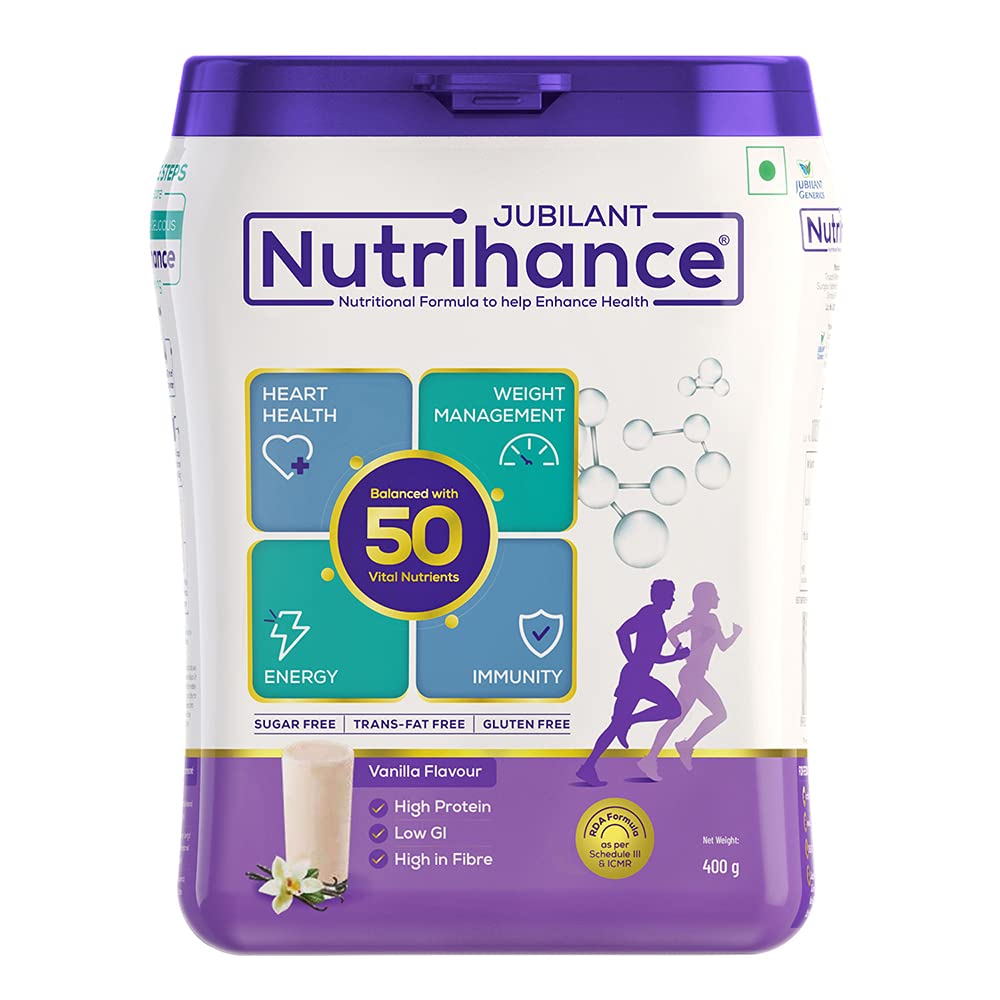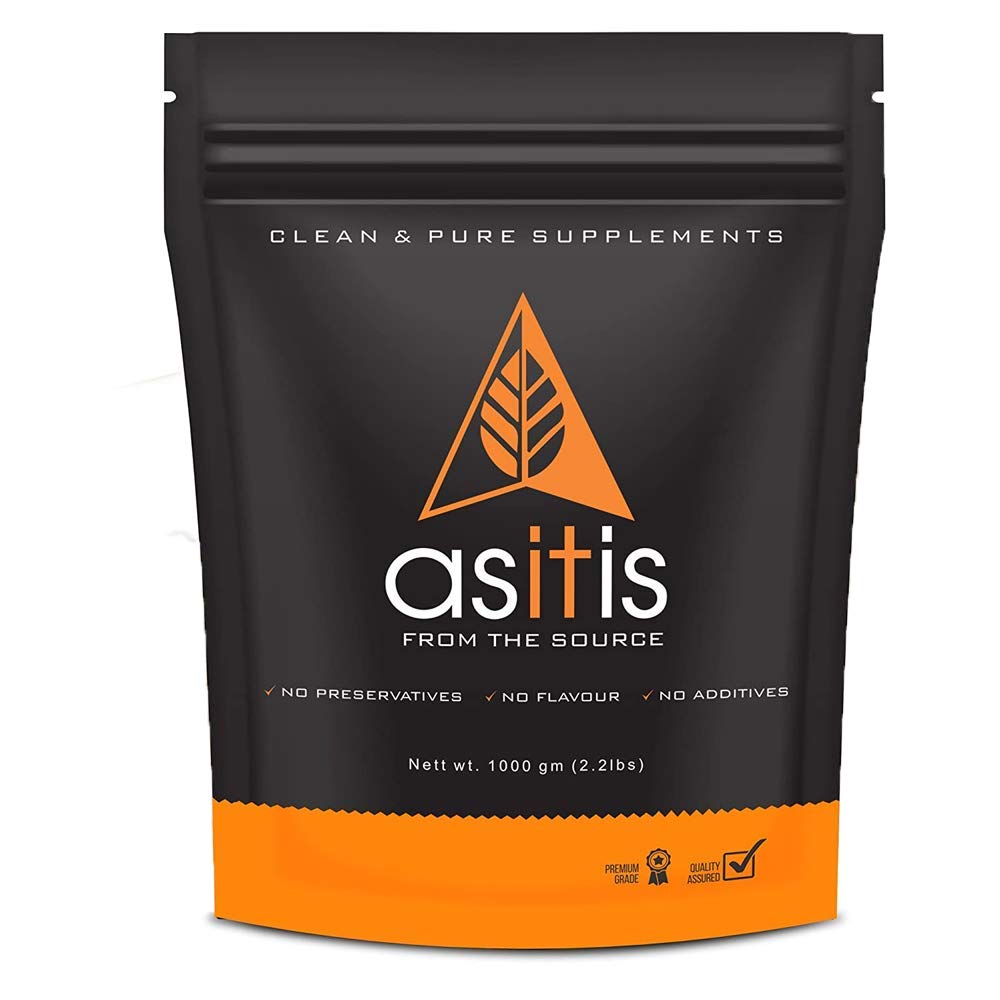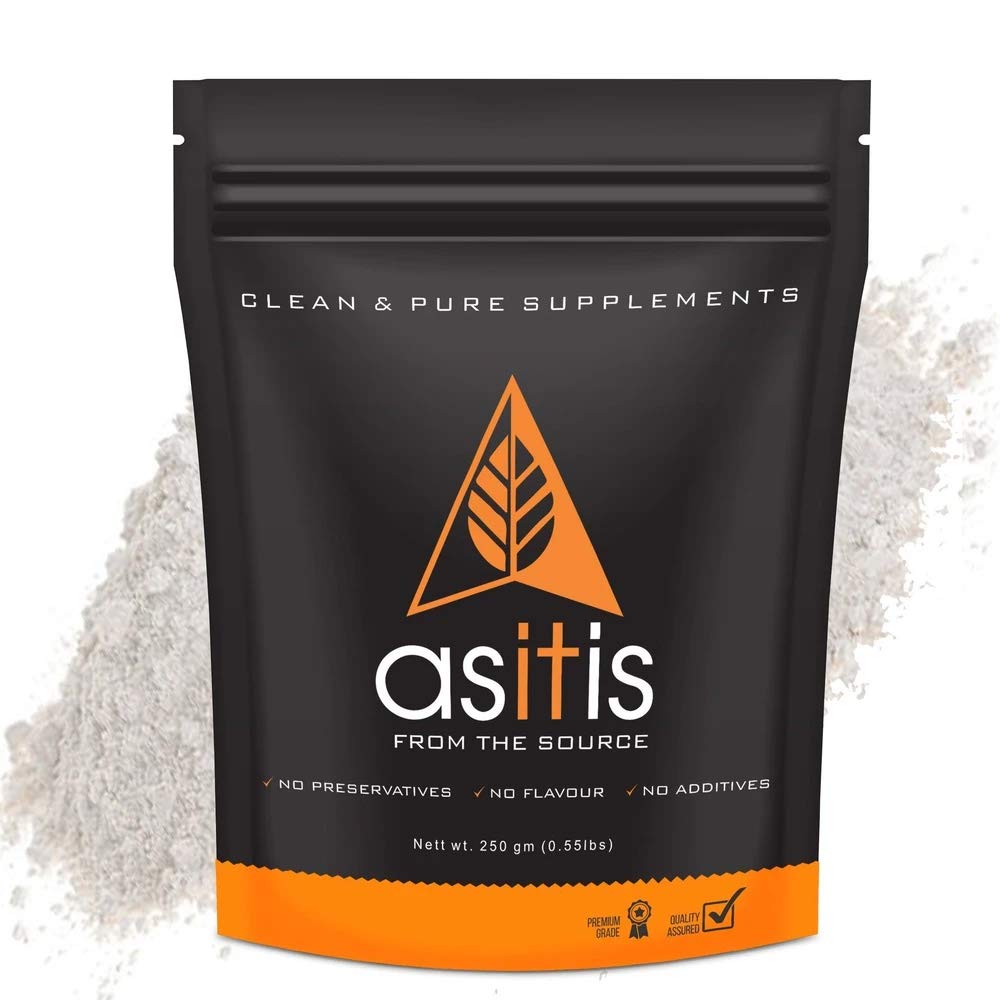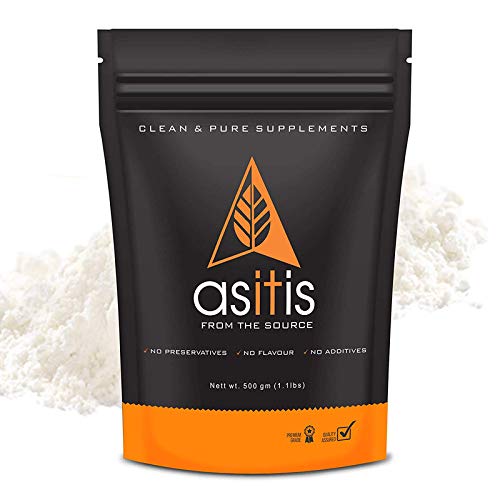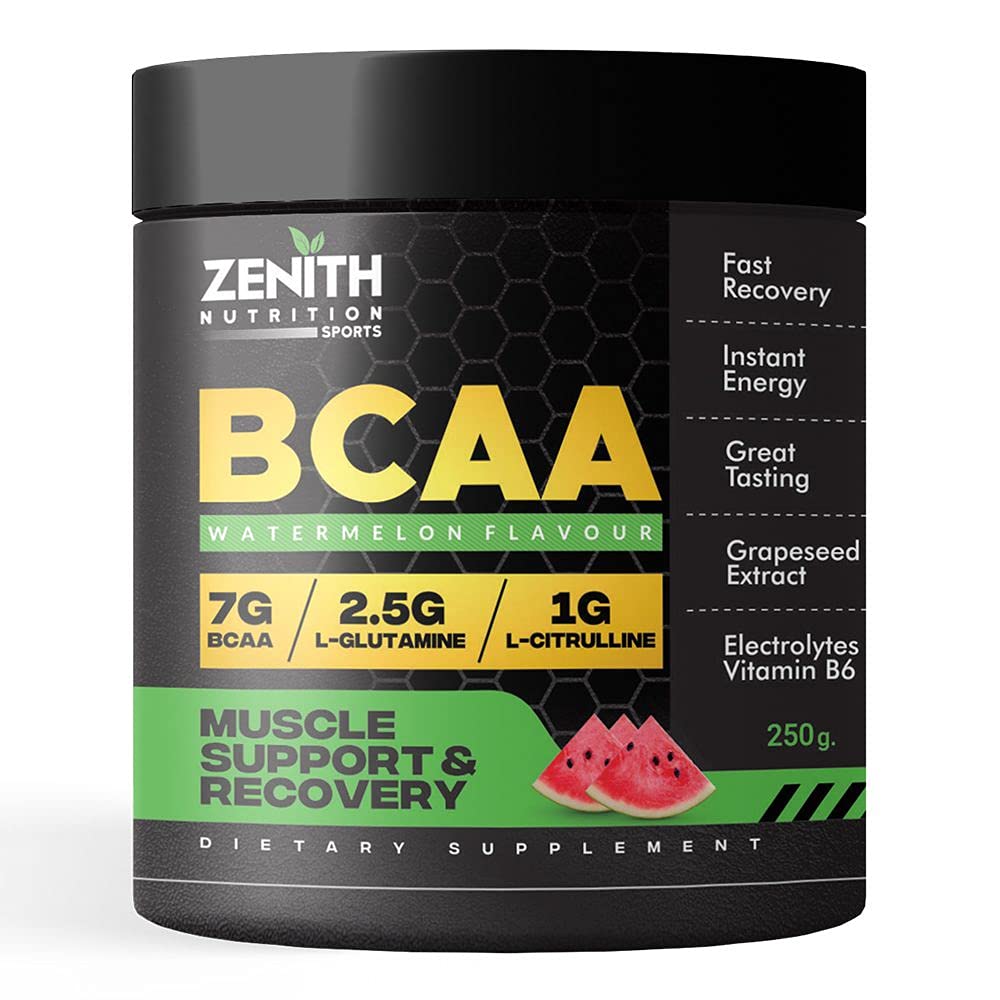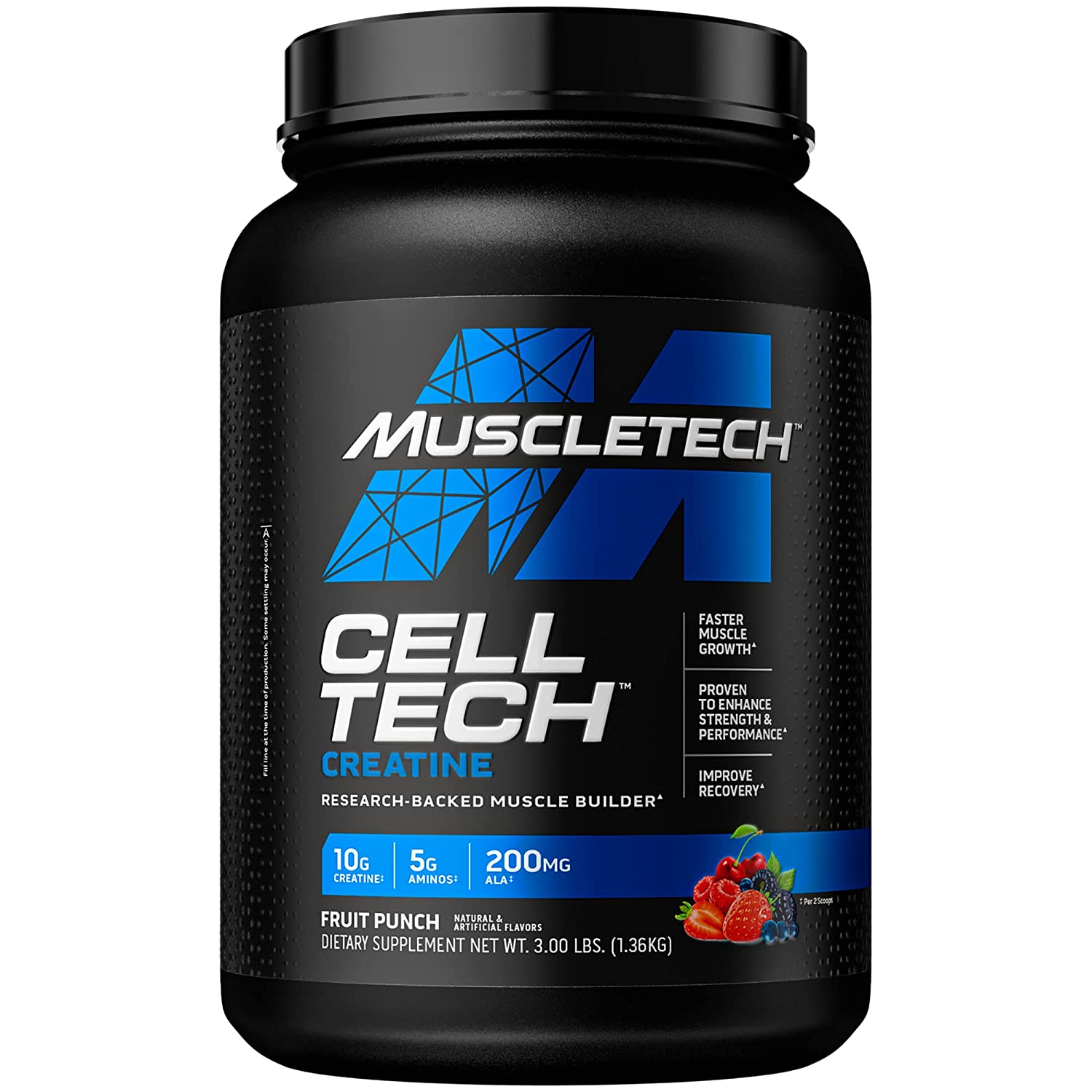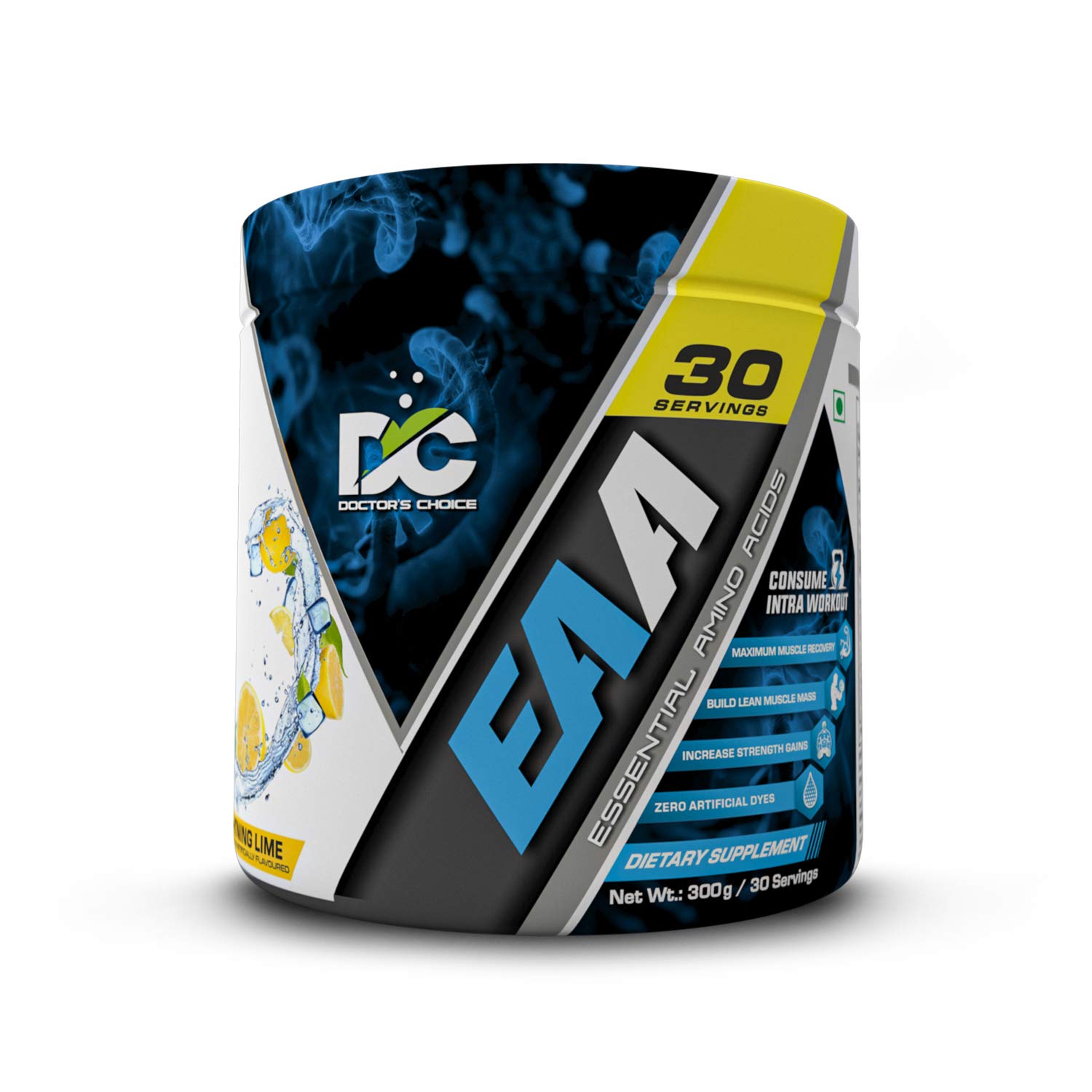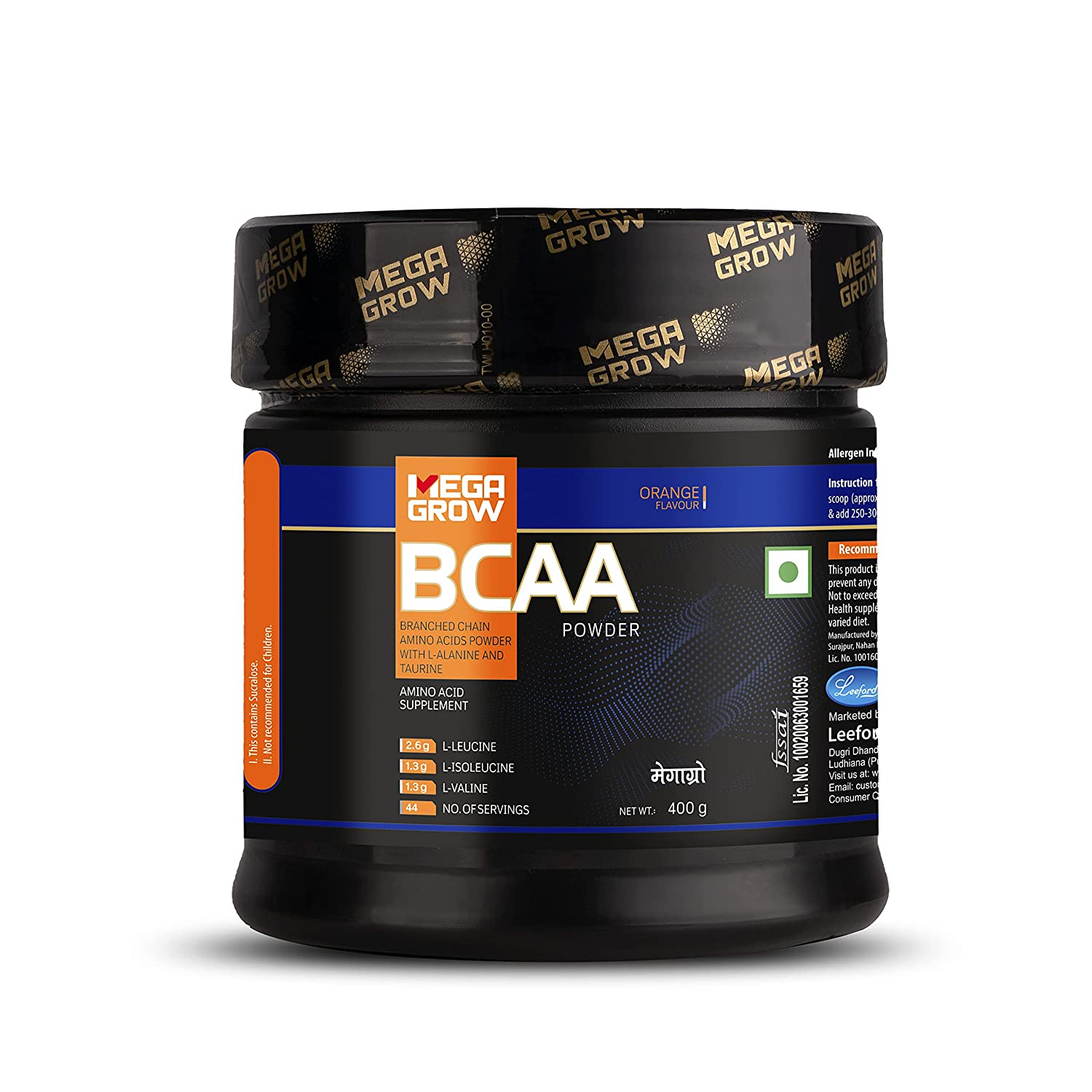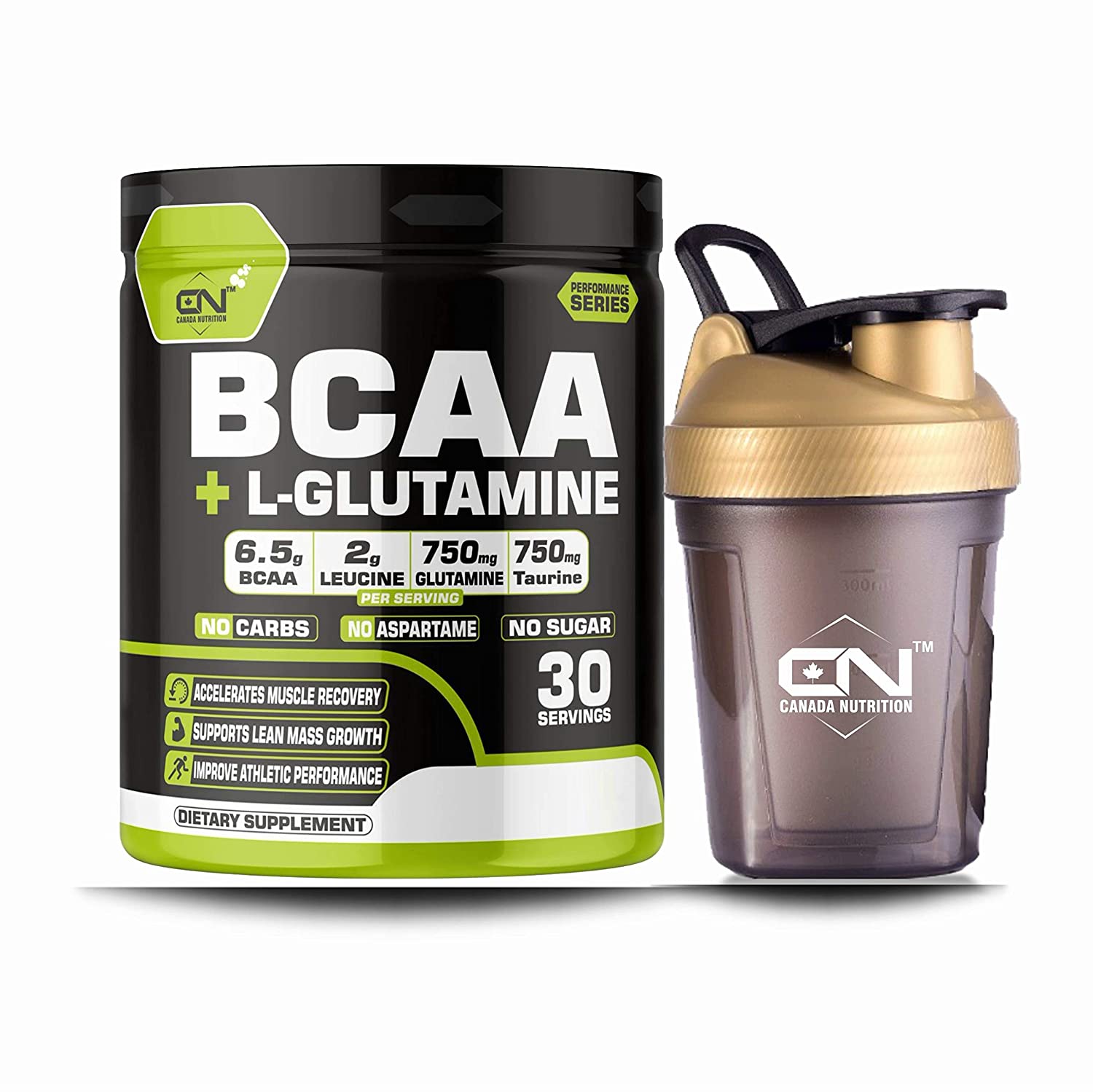L-Isoleucine
Macronutrient
Last update date: October 11, 2023
L-isoleucine is one of the two forms of Isoleucine. It helps control blood sugar, boosts energy and endurance, quick healing injured muscles, and develops muscle mass. It is a branched-chain amino acid.
Frequently Asked Questions
1.
What is L-Isoleucine?
L-Isoleucine is an essential amino acid that plays a vital role in maintaining overall health and well-being. It is one of the nine essential amino acids that your body cannot produce on its own and must be obtained through your diet. L-Isoleucine is involved in protein synthesis, which is crucial for the growth, repair, and maintenance of tissues in your body. It also plays a role in regulating blood sugar levels and energy production. Including L-Isoleucine in your diet is important for promoting optimal health and supporting various bodily functions.
2.
What is positive impact of L-Isoleucine?
L-Isoleucine offers several benefits for your body: Muscle Repair and Growth: It aids in muscle recovery and promotes the growth of lean muscle mass. Energy Production: L-Isoleucine helps produce glucose, providing energy for your muscles during physical activity. Blood Sugar Regulation: It helps maintain balanced blood sugar levels, supporting overall energy stability. Immune System Support: L-Isoleucine strengthens the immune system, aiding in defense against infections. Mental Well-being: It contributes to better focus, clarity, and overall brain function, promoting mental well-being. Including L-Isoleucine-rich foods or considering supplementation can support these benefits and enhance your overall health.
3.
What is negative impact of L-Isoleucine?
While L-Isoleucine is generally beneficial for health, excessive intake of this nutrient is not recommended. Here are a few potential negative impacts: Allergic Reactions: Some individuals may experience allergic reactions to L-Isoleucine, such as itching, rash, or difficulty breathing. If you suspect an allergy, it is important to seek medical advice. Impaired Kidney Function: High intake of L-Isoleucine may put additional stress on the kidneys, especially in individuals with pre-existing kidney problems. It is essential to consume L-Isoleucine within recommended levels to avoid any adverse effects on kidney function. Digestive Issues: Excessive intake of L-Isoleucine may cause digestive discomfort, such as bloating, diarrhea, or stomach cramps, in some individuals. It is important to maintain a balanced intake and consider individual tolerance. Interference with Certain Medications: L-Isoleucine supplements or high-dose intake may interact with certain medications. If you are taking any medications, especially those related to blood sugar regulation or kidney health, consult your healthcare professional before consuming L-Isoleucine supplements.
4.
Who should avoid L-Isoleucine?
While L-Isoleucine is generally safe for most people, there are certain individuals who should limit their intake. Here are some groups of people who should consider their L-Isoleucine consumption: Kidney Disease: Individuals with kidney disease or impaired kidney function should consult their healthcare professional before increasing their L-Isoleucine intake. Allergies: If you have a known allergy to L-Isoleucine or experience allergic reactions, it is advisable to avoid foods or supplements containing this nutrient. Seek medical advice if needed. Medications: L-Isoleucine supplements or high-dose intake may interact with certain medications. Consult your healthcare professional if you are taking medications related to blood sugar regulation or kidney health. Pregnant or Breastfeeding Women: Pregnant or breastfeeding women should prioritize a balanced diet rather than relying on high-dose supplements. Consult a healthcare professional for personalized guidance.
5.
What are common sources of L-Isoleucine?
L-Isoleucine can be found in various food sources, making it accessible for a balanced diet. Here are some common sources of L-Isoleucine: Meat and Poultry: Chicken, turkey, beef, pork, and lamb are good sources of L-Isoleucine. Choose lean cuts and opt for cooking methods that minimize added fats. Fish and Seafood: Fish, such as tuna, salmon, and cod, along with seafood like shrimp, crab, and mussels, provide L-Isoleucine along with other beneficial nutrients like omega-3 fatty acids. Legumes and Pulses: Lentils, chickpeas, black beans, kidney beans, and other legumes are not only rich in fiber but also provide a good amount of L-Isoleucine. They are excellent plant-based sources for vegetarians and vegans. Dairy Products: Milk, yogurt, and cheese contain L-Isoleucine, along with other essential nutrients like calcium and protein. Choose low-fat or reduced-fat options for a healthier choice. Eggs: Eggs are a versatile and nutrient-rich food that contains L-Isoleucine. They are also a source of high-quality protein and essential vitamins.


